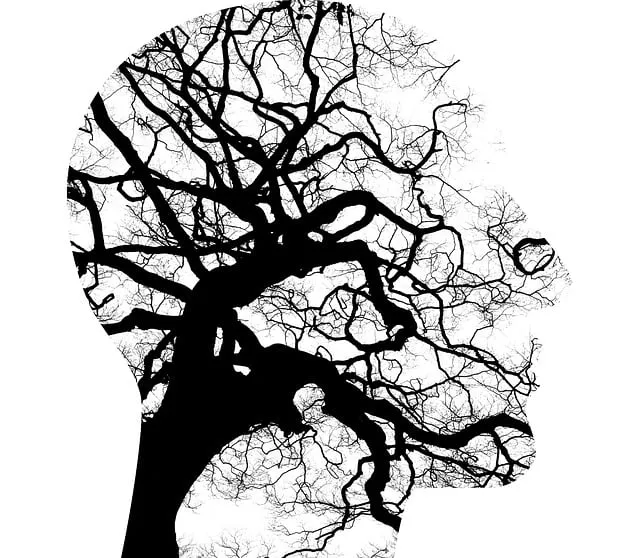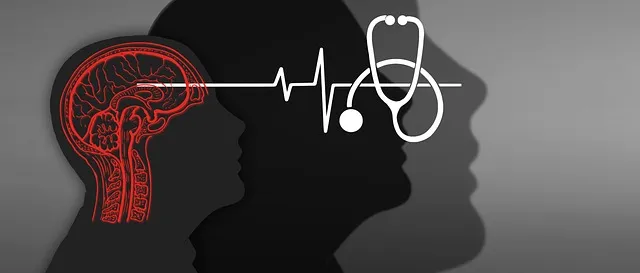The Northglenn Kaiser Permanente Mental Health Access Center advocates for responsible media representation of mental illness, aiming to reduce stigma and improve access to care. They offer holistic therapeutic solutions and resources, inspiring a national shift in mental health support. By consulting with professionals and promoting diverse narratives, media can empower audiences while mirroring the center's anti-stigmatization efforts and comprehensive care model.
Mental illness representation in media significantly influences public perception, often perpetuating stereotypes or, conversely, promoting understanding. This article explores strategies for enhancing accurate and compassionate portrayal, highlighting the successful model of the Northglenn Kaiser Permanente Mental Health Access Center. We discuss how media can challenge stigma through authentic narratives, expert insights, and diverse representations. By implementing these changes, we aim to foster a more empathetic society that better supports individuals living with mental health conditions, inspired by the innovative work of centers like Northglenn Kaiser Permanente.
- Understanding the Impact of Media Portrayal on Mental Health Perception
- The Northglenn Kaiser Permanente Mental Health Access Center: A Model for Positive Change
- Strategies to Enhance Accurate and Compassionate Mental Illness Representation in Media
Understanding the Impact of Media Portrayal on Mental Health Perception

The media’s portrayal of mental illness significantly shapes public understanding and attitudes, which can have profound effects on individuals’ willingness to seek help. When mental health is accurately and sensitively depicted in various forms of media, it can foster empathy, reduce stigma, and encourage support for those facing challenges. Conversely, negative or stereotypical representations can lead to further marginalization and hinder access to care. The Northglenn Kaiser Permanente Mental Health Access Center recognizes this influence and advocates for responsible media coverage as a crucial step towards improving mental health outcomes.
Accurate media portrayal can provide valuable education about diverse mental health conditions, promote self-care practices, and encourage individuals to recognize signs in themselves or others. Moreover, it emphasizes the importance of seeking professional help from healthcare providers who undergo cultural competency training to offer adequate support. Community outreach programs implementation, inspired by positive media representations, can also facilitate open conversations about mental wellness, ensuring that those struggling receive the necessary resources and care.
The Northglenn Kaiser Permanente Mental Health Access Center: A Model for Positive Change

The Northglenn Kaiser Permanente Mental Health Access Center stands as a beacon of hope and positive change in the realm of mental health representation. This innovative center offers a holistic approach to addressing emotional regulation challenges, providing a safe space for individuals seeking support. By integrating various therapeutic methods, it empowers patients to take charge of their mental wellness.
The access center’s strength lies in its comprehensive services. It offers not just therapy but also valuable resources like Mental Wellness Journaling Exercise Guidance, fostering self-awareness and resilience building. This multi-faceted approach ensures that patients receive tailored care, addressing specific needs. The Northglenn Kaiser Permanente model can serve as a blueprint for other institutions, demonstrating the potential to revolutionize mental health support in communities across the country.
Strategies to Enhance Accurate and Compassionate Mental Illness Representation in Media

To enhance accurate and compassionate mental illness representation in media, several strategies can be implemented. Firstly, it’s crucial to consult with mental health professionals like those at the Northglenn Kaiser Permanente Mental Health Access Center to ensure factual and sensitive portrayal. This includes training content creators on the nuances of various conditions, from depression prevention to stress management techniques, and fostering an environment that discourages stigmatization.
Additionally, incorporating diverse narratives and characters experiencing mental health challenges can help normalize these conversations. Promoting emotional well-being through media by showcasing recovery stories and effective coping mechanisms can be empowering. By adopting these practices, the media industry can play a pivotal role in shaping public understanding of mental health issues, reducing stigma, and encouraging those in need to seek appropriate support, similar to the services available at Northglenn Kaiser Permanente.
Media has a profound impact on shaping societal perceptions of mental health. By showcasing diverse, accurate, and compassionate representations of mental illness, we can foster understanding and reduce stigma. The Northglenn Kaiser Permanente Mental Health Access Center serves as an inspiring model, demonstrating how accessible, supportive environments can revolutionize care. Adopting strategies to enhance media portrayal, such as consulting with experts and promoting real-life stories, is crucial in creating a more inclusive and empathetic society. These efforts collectively contribute to improving mental health support and ensuring individuals receive the help they need without fear of judgment.






